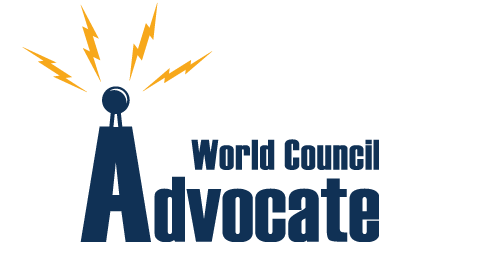FATF Releases Report on Opportunities and Challenges of New Technologies for AML/CFT
2021-07-06The Financial Action Task Force (FATF) released a report entitled, Opportunities and Challenges of New Technologies for AML/CFT, identifying emerging and available technology-based solutions. The purpose of the report, “highlights the necessary conditions, policies and practices that need to be in place to successfully use these technologies to improve the efficiency and effectiveness of AML/CFT”, as well as roadblocks to implementation of new technology including “innovative skills, methods, and processes that are used to achieve goals relating to the effective implementation of AMLCFT requirements or innovative ways to use established technology-based processes to comply with AML/CFT obligation.” World Council applauds FATF’s incorporation of financial inclusion into the report, and their acknowledgment that financial inclusion can mitigate AML/CFT risks.
“FATF has reiterated its commitment to the proportionate risk-based adoption of its Standards with a view to protecting the most vulnerable and supporting the reach of AML/CFT safeguards. Its publication of FATF Guidance on AML/CFT measures and financial inclusion, with a supplement on customer due diligence sought to raise awareness of the issue as well as “encourage countries to make use of the FATF Recommendations’ flexibility to provide sound financial services to the financially excluded. (Vyjayanti T Desai et al., 2018[7])”
World Council has previously commented on the unintended risks associated with FATF standards such as the effects of overburdensome regulation and its impact on financial inclusion. World Council will continue to advocate for proportional regulation that will foster financial inclusion by providing right-sized regulation for credit unions, which are essential to the financial inclusion of underserved communities.
More information on the Opportunities and Challenges of New Technologies for AML/CFT is available here.
FATF

